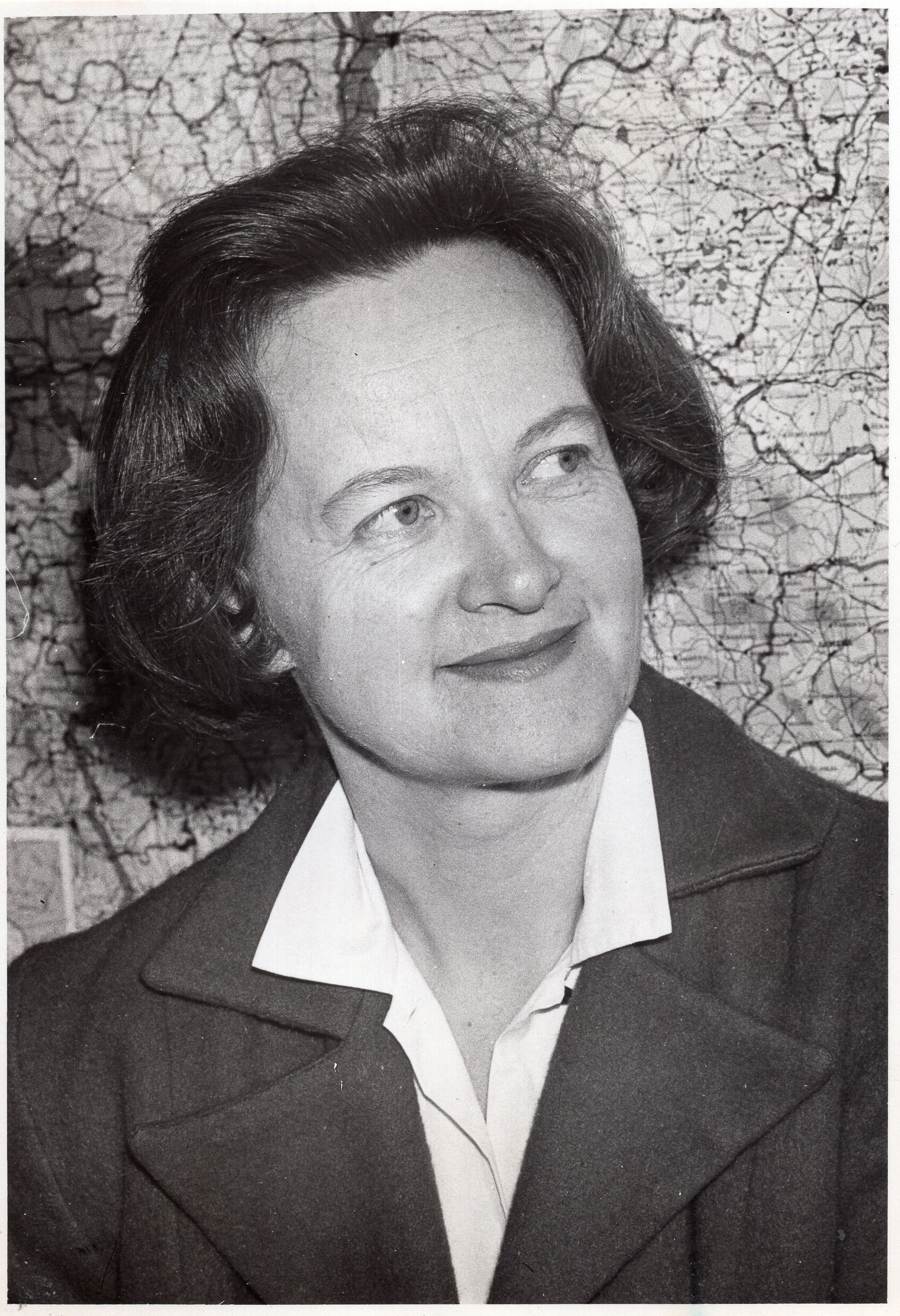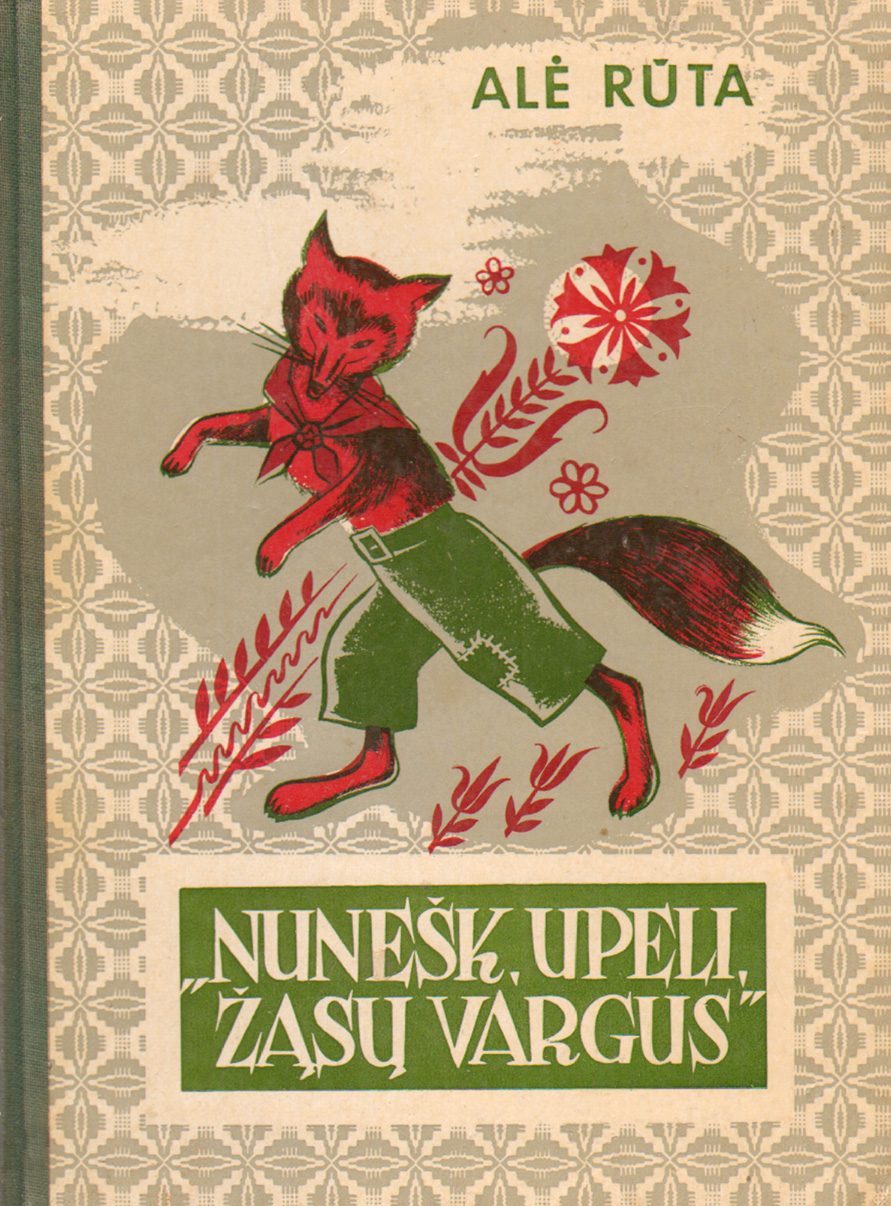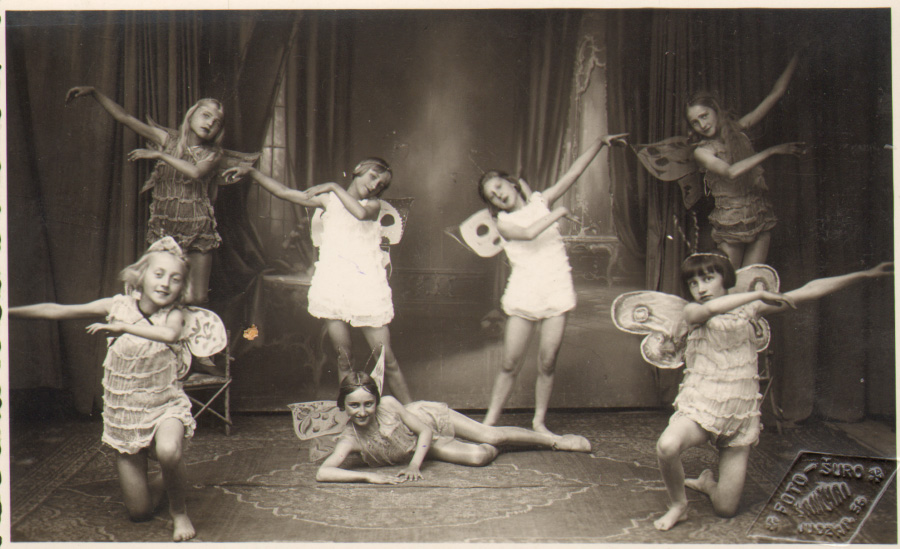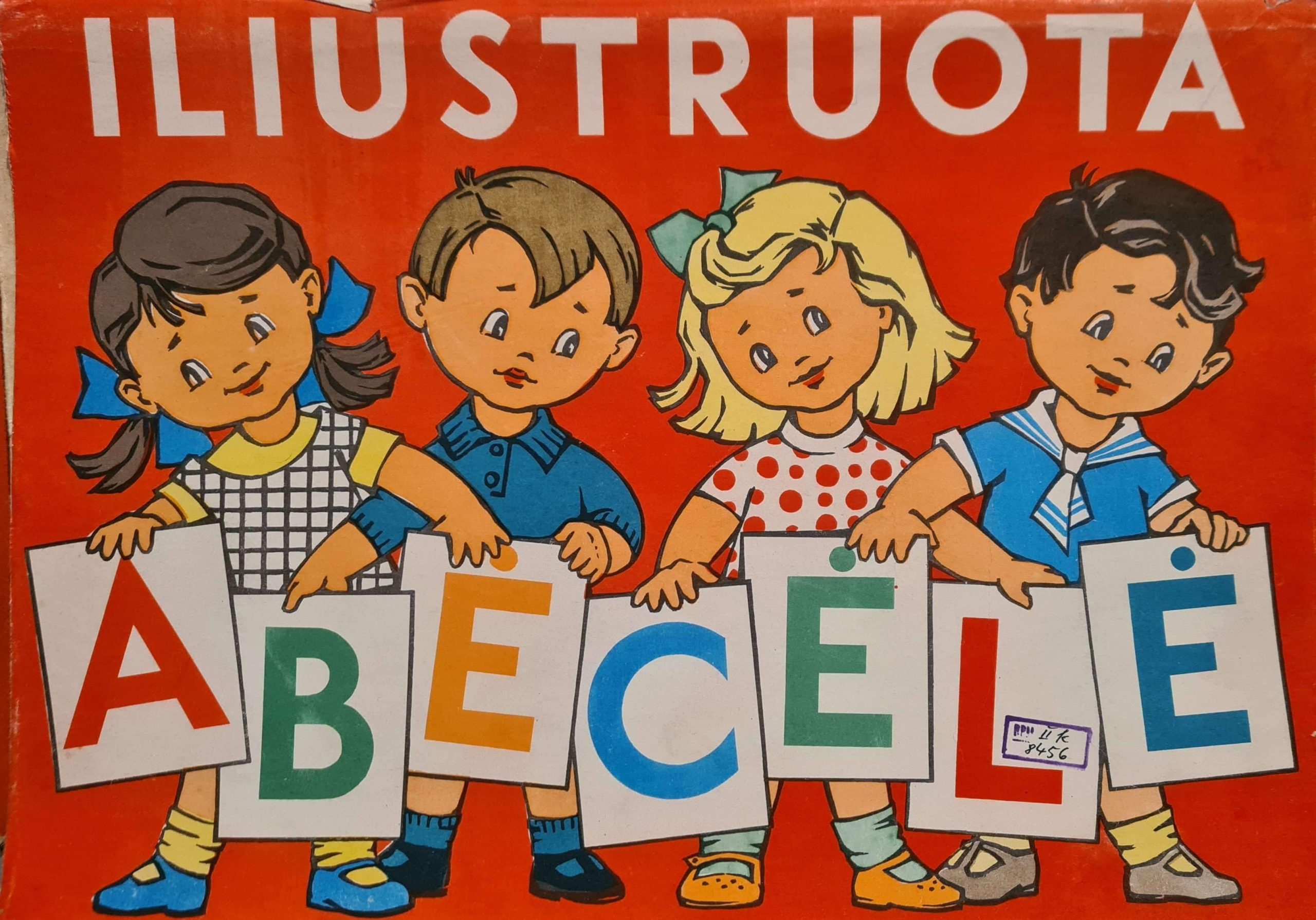This month, we commemorate the 110th birth anniversary of Lithuanian writer and poet, a representative of the Lithuanian diaspora in the United States, Alė Rūta (real name – Elena Viktorija Nakaitė-Arbačiauskienė).
E. V. Nakaitė-Arbačiauskienė was born in 1915 in what was then Petrograd (Saint Petersburg), where her parents had taken refuge during the First World War. Soon after the war ended, the family returned to Lithuania. There she completed Kamajai Primary School and later attended Rokiškis Gymnasium.
She was an active and civic-minded personality – a member of the Catholic youth movement Ateitininkai and the Lithuanian Riflemen’s Union. Elena’s creative path began at the age of nineteen: while still in gymnasium, she began publishing her first poems. After finishing school and encouraged by her father, she enrolled in agronomy studies, but her calling for literature was stronger – having abandoned agricultural sciences in her first year, in 1934 she transferred to Lithuanian language and literature studies at Vytautas Magnus University in Kaunas, and later earned a Lithuanian language teaching qualification at the Klaipėda Pedagogical Institute.
Before the outbreak of the Second World War, E. V. Nakaitė-Arbačiauskienė taught in interwar Lithuanian schools and wrote actively. Her works were published in such journals as Naujoji Romuva and Naujoji Vaidilutė. As the Second Soviet occupation approached, she, together with other Lithuanian intellectuals, fled westward to escape Soviet repression.
After a brief period in Austria and Germany, the writer settled in the United States in 1948. In her new homeland she worked various jobs, leaving time for writing only during her free hours. Despite the challenges of life abroad, E. V. Nakaitė-Arbačiauskienė actively engaged in preserving Lithuanian culture and diaspora life – she worked within the Lithuanian American community, served on the board of the Lithuanian Writers’ Association of the USA, taught in Saturday Lithuanian schools, and contributed to numerous cultural events.
She signed her creative work with the pen name Alė Rūta. Over her lifetime she wrote more than 30 works. Her writing reflects a deep longing for her lost homeland, as well as the hardships of Soviet occupation and exile. She had a remarkable ability to express love for her homeland and to depict human emotions with sensitivity. Her works were published in Germany, Canada, the United Kingdom, the United States, and Lithuania; many of them received awards. She passed away in 2011 in the United States at the age of 96.
The information was prepared by Povilas Mikalauskas, Deputy Director and Chief Collections Curator of the Lithuanian Museum of Education.




